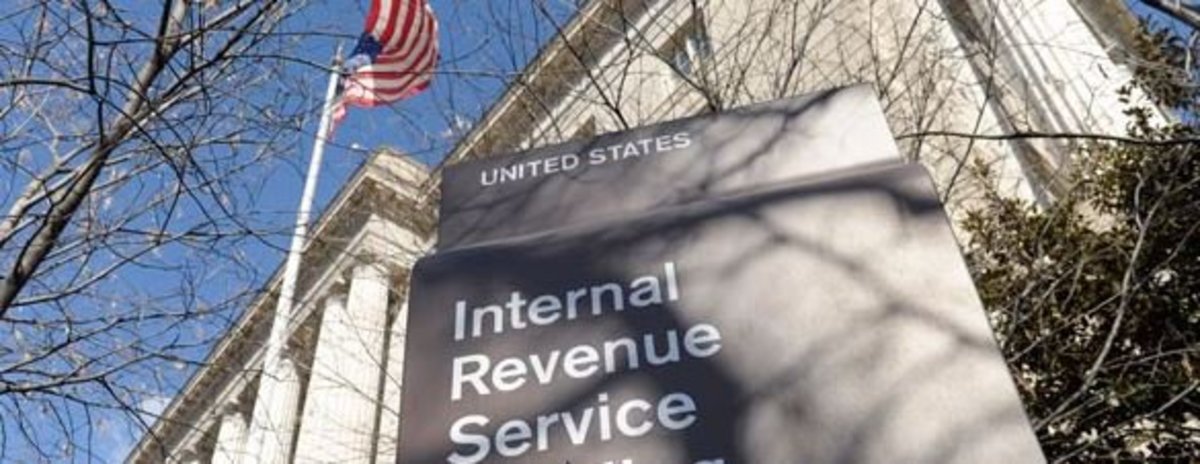
Bitcoin exchanges are going through hard times. In the span of a month, Mt. Gox has gone bankrupt, Flexcoin has shut down due to robbery, and Vircurex has halted Bitcoin withdrawals.Coinex.pw was also hacked. At first glance, these events appear devastating for the Bitcoin economy. But when we look deeper, we discover something extraordinary.
The following fact has the potential to fundamentally transform financial markets: Depositors are losing their money. This is great news, albeit not from the recent depositors’ perspective. From a broader economic standpoint, Bitcoin bank runs are radically changing the core of financial markets: the incentive structure.
Nearly every country on the planet has both a central bank and government-backed deposit insurance. The Bitcoin economy has neither. Why is this important? Because these institutions create an unhealthy incentive structure – one that has been plaguing the financial world for nearly a century.
To illustrate, think about your bank. Have you ever asked to see their balance sheet, to make sure they are solvent? Of course not – your deposit is guaranteed, even if the bank fails. So why would you care? The bank could burn all the money in its vaults or flush it all down the toilet. It makes no difference; deposits are insured by the government.
This creates perverse incentives, as banks do not need to compete over responsibility, security, or solvency (nevermind the outright bailouts irresponsible banks receive). We should not be surprised, then, when these companies engage in wild speculation and risky lending. Depositors don’t feel the pain.
It doesn’t work that way in the Bitcoin market.
It turns out, if you leave your private keys with a third party, you’re running a risk. The keys might get lost, the accounts might get hacked, or some unscrupulous company might steal your deposit. Of course, if you think of Bitcoin as digital cash, this is not surprising. The same risk is run if you leave a suitcase full of money with another party.
After all of these exchange failures, what’s the first thing on everybody’s mind when they deposit their Bitcoin on an exchange? Safety, of course. And entrepreneurs know it. This is key. Customers have an incentive to care about the safety of their coins, and entrepreneurs have an incentive to satisfy this demand. Huge profits await the individuals or companies which provide secure Bitcoin banking. And the race has already started.
It seems like every week, new exchanges are popping up all over the globe. Tens of millions of dollars have been invested in young companies working to create secure Bitcoin wallets. Companies like Blockchain.info might already have a working solution – they don’t store your private keys at all. Exchanges are now voluntarily auditingthemselves, in an effort to prove their security to customers. Entrepreneurs are going out of their way to create financial security for your Bitcoin deposits. In the future, we may see the creation of private deposit insurance, with all the right incentives behind it. You don’t get that kind of innovation in Old World finance.
As markets grow, it’s easy to get excited about entrepreneurial success, profits, and value-creation. But bankruptcy and losses are also exciting. We are watching resources being transferred in real-time from the less-productive to the more-productive. Few first-generation Bitcoin companies still exist, and that’s not a bad thing. New entrepreneurs are entering the market, and we can expect to see more creative solutions to our problems – coupled with more bankruptcies and displacement of old firms.
Though sometimes painful, the Bitcoin world is building a brand new financial system, and it’s grounded with the right incentives. With this perspective, it is hard not to get excited about the future challenges Bitcoin faces.










